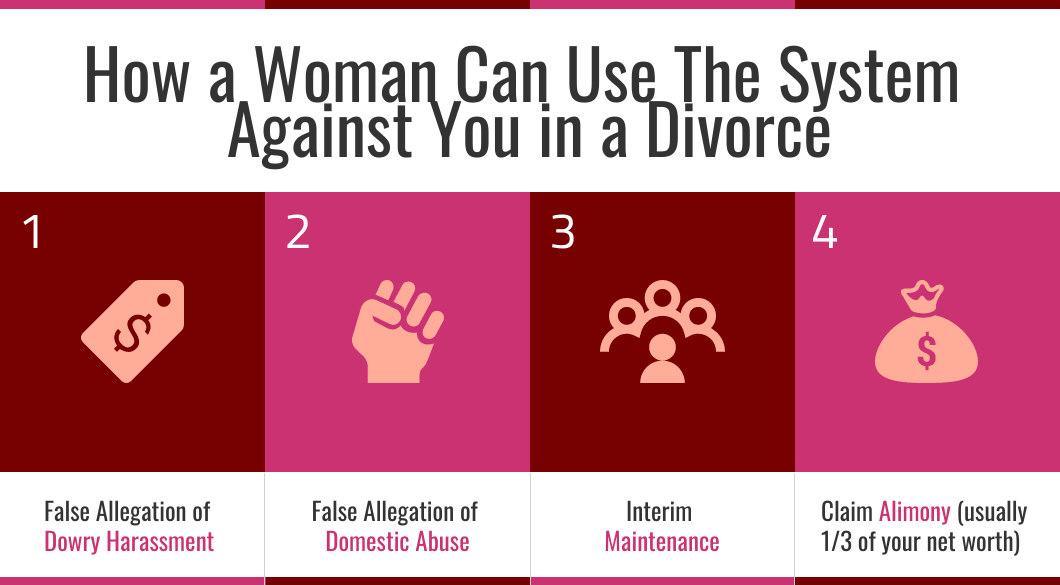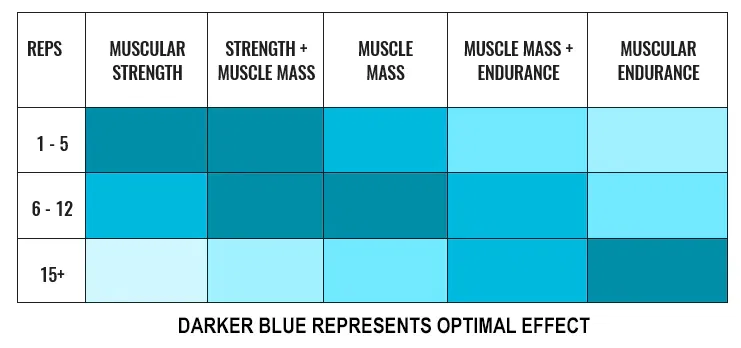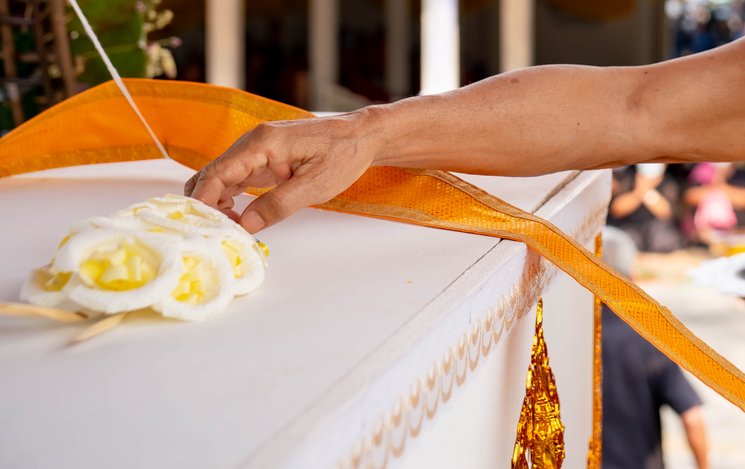This is a guest post by my friend and colleague Amish Aggarwala, Central Government Counsel and Disputes Lawyer at the Supreme Court of India.
Subj: Steps you can take before and after marriage to protect yourself and your assets in the event of a divorce.
I am deeply honored to write this guest post for LifeMathMoney.
A lot of readers of this blog are men who want to ensure growth in their health, wealth, and their relationships.
One very big aspect of their lives is this defining moment where a man gets married. In this defining moment the man has to make some very big and to a great extent irreversible decisions about his life: stepping up, taking responsibility, providing for his family, dedicating himself to his wife and his children.
If that was not enough, the law of the land now mandates many obligations imposed upon a man who chooses to enter into wedlock.
It is true that a huge portion of women in the past centuries have been victims of abuse and oppression in a matrimonial household.
Citing this oppression, the lawmakers of the land decided to impose harsh laws in this country on men and their family members if they commit any sort of atrocity on a woman.
Unfortunately, the law does not account for protecting such men and their families from false accusation by motivated wives.
There are a few scenarios where a husband and his family member bear the brunt of the law and the system and are at a huge disadvantage.
How a Woman Can Use The System Against You in a Divorce
Some things that you must know about marriage as a man are as following:
1. False Allegation of Dowry Harassment
Your wife can file a complaint of dowry harassment and criminal breach of trust (for keeping her jewellery and stridhan) along with many other offences against you as well as your family members.
You will be called to the Crimes Against Women Cell, where you will be treated like a convicted felon and reparations will be demanded from you by the mediator as well as your wife. If these mediations fail, an FIR will be registered.
For several decades the moment this FIR was registered you and your family would have been thrown inside jail. However since the past years the Courts and the police understand many allegations can sometimes be false and therefore they are a little reserved, but that does not mean that there is zero possibility of you getting arrested.
With a bribe, or political influence, or through extremely strong baseless allegations with the help of a good lawyer, the lady is still able to get her husband or any of his family members arrested.
Applying for bail is also a very costly affair with lakhs of rupees spent on lawyers. When the matter does go to trial, if it is false accusation and you have a half-decent lawyer you will definitely get acquitted but the matter will be stretched on for several years.
If the husband or any of his family members live abroad, then things get complicated much more because the woman will try to get the husband back to India and try to get his passport cancelled as well.
There are many other situations where the husband faces a lot of challenges which he must prepare for before the marriage.
2. False Allegation of Domestic Abuse (to get Interim Maintenance)
She will seek compensation under the Domestic Violence Act. The Domestic Violence Act enacted in 2005 is only a civil remedy and does not send anybody to jail, but is very onerous upon the husband and his family members.
The main tool of the DV Act against the husband is the provision for compensation, but that is awarded after a long trial. But the bigger challenge is the interim maintenance awarded to the wife soon after she files her complaint.
The wife will just make completely baseless allegations and still get interim maintenance to the tune of approximately one third of the monthly income of the husband if she does not earn any money of her own.
Apart from that the other most relevant provision is the provision for shared household where if the woman is staying in a premises either owned by her husband or by any of his family members, the woman can go to court and say that she desires residence in the shared household which means that even though she does not have any right of ownership in the property she becomes a squatter that cannot be removed and hence she will have a large amount of leverage because she can also thereafter ask the court to throw out any male members of the family alleging that they are still committing domestic violence upon her.
3. Some More Interim Maintenance
Wife will also seek interim maintenance under section 125 of the Criminal Procedure Code as a parallel remedy to the Domestic Violence Act.
4. Alimony (usually one third of your net worth)
In divorce she will claim and she will be awarded permanent alimony after the matter goes on for several years. In that as a ball park figure, the court usually awards a lump sum payment.
The woman cannot claim any right as owner in any of the properties owned by the husband, yet the court will look at the properties owned by the husband and depending on various other factors can also go up to granting one third net worth of the husband as alimony to the wife.
There are many other things that a wife can do, for example if a husband purchased property jointly with his wife, she can claim to be half-owner and claim that her dowry money which was paid in cash by her relatives to the husband was used to finance this purchase, and therefore she is also half owner in the premises. She can also try to sell the entire premises by herself as well and this also becomes a problem.
I mention this because a lot of times properties are purchased in the name of wives because there is lower stamp duty when the property is purchased in the name of a woman.

Steps You Can Take to Protect Your Assets as a Man in a Divorce
From all of the above, the lesson that we can learn is that if a man wants to save himself, he can do so just by taking three steps:
1. Ensure that there is not a huge disparity in your and your wife’s income
If the wife is a home-maker and she leaves the house even a day after the marriage, the husband will have to pay her approximately one third of his monthly income.
If she earns substantially less than him, he will still have to pay her quite a significant amount of monthly maintenance.
However, if the wife earns as much or a little less than the husband, then no interim maintenance is awarded by the Court.
Therefore, it makes far more sense for a husband to marry a woman that earns a roughly equal income if he wants to safeguard himself from false allegations.
This is especially relevant in case of arranged marriages where you are not sure whether temperamental differences may arise between your wife and you and because of which you may have to pay a large sum of money to a woman who you barely know.
Also, in the past few years, extortion rackets by women on matrimonial platforms who get married and then seek large sums of money has become very prominent, and therefore one needs to ensure that nothing like this happens to him.
If the woman is a home-maker, the man should insist that the parents of his to-be wife purchase an immovable property or some sort of illiquid asset in her name and ensure that she has some money in the form of some payment coming in every single month, so that if there is some sort of dispute in future, she does have some source of income for her own and cannot seek maintenance from her husband.
2. For the first few years after the marriage, do not live in a house which is either owned by you or your relatives
For the first few years, until you are sure about your compatibility with your wife, always live in a rented premises.
Just in case things do not work out with your wife, she should not be able to take forcefully possession of property which is either owned by you or your parents, and then on the basis of her forceful possession, seek a much larger settlement amount than what would be appropriate.
3. Have a quasi-prenup document
Apart from that there are many baseless and frivolous allegations leveled by a wife the moment the dispute arises (which can only be disproved by a husband at a much later stage), therefore, a quasi-prenup document should also be signed by both the parties.
I call it a quasi-prenup and not a pre-nuptial agreement because pre-nuptial agreement per se are not enforceable in India, because any agreement which is in any contravention of any law of India is void.
Because the aforementioned laws provide that a woman who cannot maintain herself must be provided maintenance by her husband, any prenuptial agreement denying a wife a right to maintenance is void.
However, the many allegations that a wife can put on her husband and in-laws can be nullified by such prenuptial document where the details of the expenses, the income of the woman, the assets with the woman as well as the sources of their income, and the fact that no sum of money was given as dowry at the time of marriage, that the woman is in possession of the jewelry that she has received in the wedding – all of these things, if documented well, can also save to-be-husbands from a lot of challenges in future if there are disputes with the wife and she decides to falsely accuse the husband.

If you are able to do the aforementioned three things, then you will reduce your chances of being accused falsely by your wife if a dispute arises, and even if she does allege false accusations, you will have a far better chance of winning future court battles.
I hope that you liked the above article. If there are any thoughts, any comments, or any feedback, I can be reached out at amish.aggarwala@gmail.com.
Thank you to Amish for his post that will be helpful to many men out there. Family laws are anti-men, and divorce is becoming more and more common – men need to protect themselves, and now you know where to start.
Amish Aggarwala can be found on YouTube and Instagram – go follow him.










![Traits Women Find Attractive Traits Women Find Attractive (And How to Score Yourself) [PART 1: Physical Aspects]](https://lifemathmoney.b-cdn.net/wp-content/uploads/2025/11/Traits-Women-Find-Attractive-1.jpg)





































































